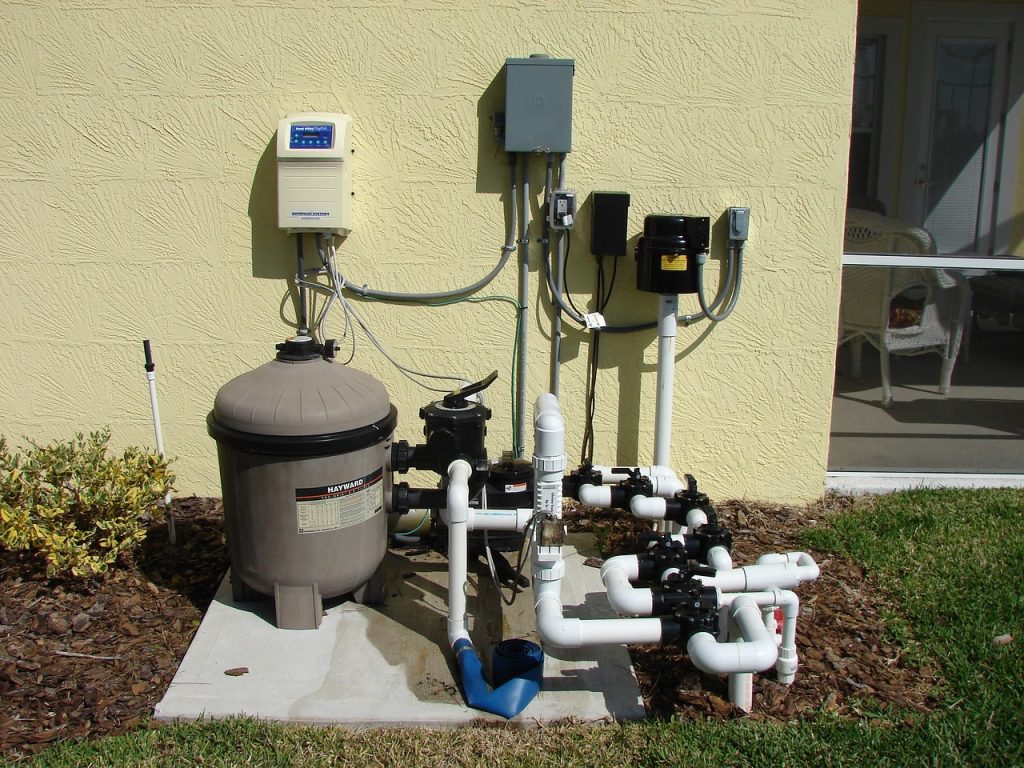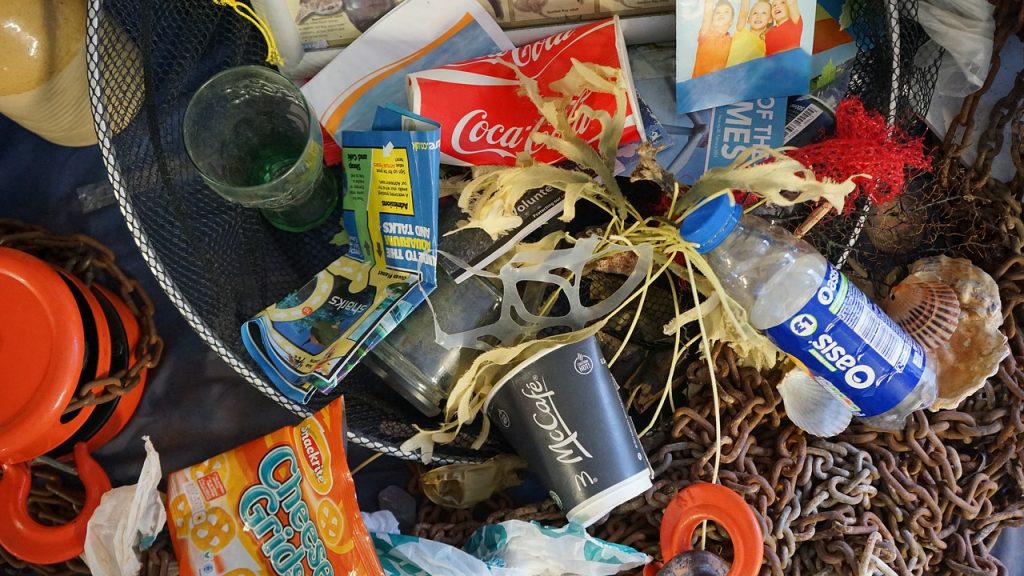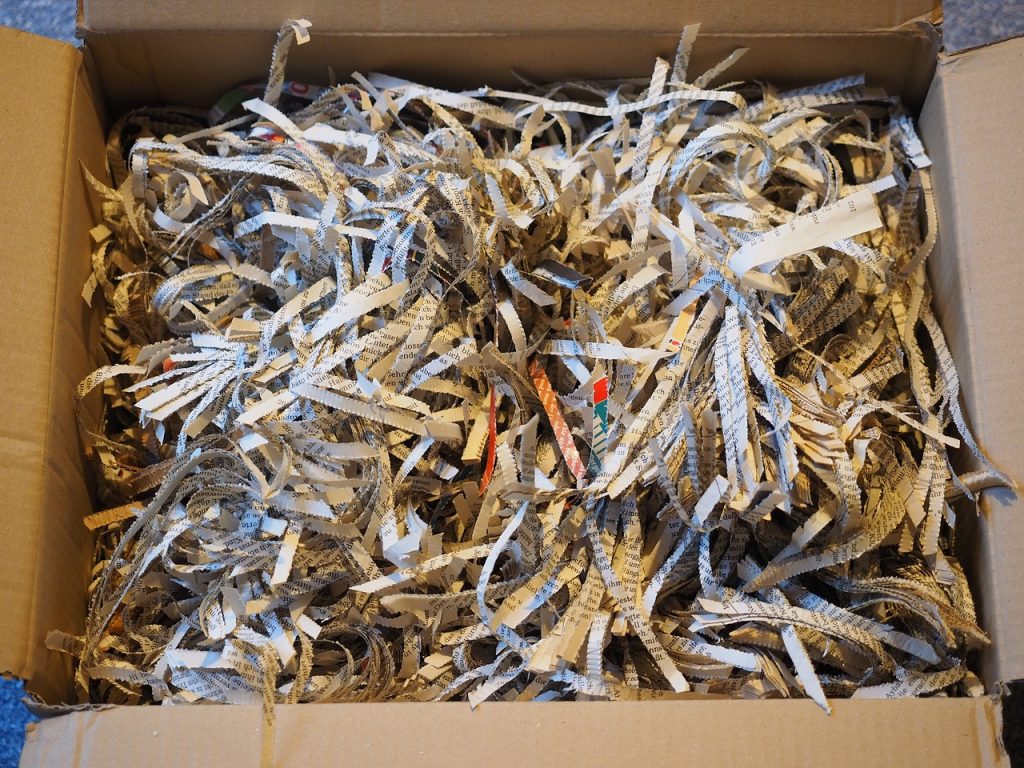- Remove the filter media from the filter casing.
- Separate the filter into its components: plastic, metal, and charcoal.
- Rinse each part thoroughly to remove any residue.
- Check if the filter brand has a recycling program and follow their guidelines.
- If no brand-specific program, consider free disposal sites or collection media like TerraCycle or RecycleNation.
- Label the filter as recyclable if sending to a general recycling center.
- Encourage others to recycle by sharing your experience.
Understanding the Importance of Water Filter Recycling
It’s important to understand how to recycle water filters, as doing so can have a significant impact on our environment and water supply. By putting filter recycling into practice, we’re reducing waste, conserving resources, and ultimately enhancing the sustainability of our planet. Brita is one company that’s championing the cause of recycling water filters. With their recycling programs, you can recycle used water filters efficiently, helping to create a cycle of care that benefits the environment, water supply, and future generations.
However, many people still question why they should recycle. Well, apart from helping minimize waste, recycling water filters also reduces the demand for new raw materials. This means that a recycled filter can continue to serve its purpose, instead of ending up as landfill where they’ll slowly decompose and possibly emit harmful gases. As you can see, it’s crucial to firstly, learn how to recycle water filters and secondly, actually do it. These actions help uphold the credibility of recycling.
It’s commendable to note that brands such as Brita are stepping up, making it easier for us to engage in environmental stewardship by offering options to recycle their products. Therefore, it’s incumbent upon us to make the most of these opportunities, recycle, and contribute in preserving our water supply and environment.
The Role of Water Filters and Why Recycle
The vital role that water filters play in safeguarding our health cannot be emphasised enough. Water filters play a major part in maintaining water quality by eliminating harmful contaminants present in unfiltered H2O. The basic process involves forcing water through porous filters to sift out impurities, while clean, drinkable water comes out on the other side. However, far too often we’re left with discarded water filters without a clear path on what to do with them.
That’s where water filter recycling comes into play. Recycling water filters is an environmentally friendly way to handle used filters. It’s crucial, not just for the sake of our environment but also for the sustainability of the resources involved in making these water filters. By recycling water filters, we prevent used filters from contributing to landfill waste, while also being able to recover materials such as plastic and activated carbon for reuse.
We’re all aware of the adage, ‘reduce, reuse, recycle’, which applies to water filters just as much as it does to any other recyclable item. Recycling centers all around the country accept water filters, providing a solution to the issue of filter disposal. It’s clear that we have a collective responsibility to recycle water filters to help ensure a sustainable future. Make recycling your used water filters part of your regular household habits.
Exploring Water Softener: A Crucial Component in Water Filters
Water filters play an invaluable role in providing safe, clean, drinkable water. A crucial component of many water filters is the water softener. It’s imperative to understand this component if we want to properly recycle the water filter. Exploring the water softener in your water filter can offer insight not only into how your water filter functions, but also how to properly dispose of your water filter when it’s reached the end of its lifespan.
So, what does a water softener do? Essentially, it’s a filtering device that removes minerals, specifically calcium and magnesium, that cause water hardness. These are often the reason behind the damage to plumbing, appliances, and even clothes. The water softener part of the water filter accomplishes this by using a process called ion exchange. This makes the water softener a significant, if not indispensable, part of any water filter.
Now, let’s talk about recyclability. When it’s time to recycle your water filter, you should consider the water softener. It contains resin beads filled with sodium ions which need to be disposed of properly. It’s extremely important to follow guidelines regarding water filter recycling. In sum, water filter recycling not only aids in the conservation of resources but also significantly decreases environmental pollution. Keep in mind that the proper recycling of a water filter, including the water softener, can contribute greatly to a cleaner and safer environment.
Step-by-step Guide: How to Recycle Your Old Water Filters
Recycling your old water filters isn’t as difficult as you might think. Here’s a straightforward step-by-step guide to help you navigate the process and contribute positively to the planet. Firstly, you’ll need to remove the filter media from the body of the filter by opening the casing. This is a crucial step as the filter media is a significant part of the filter that helps in the actual filtering of water. Next, separate the various components of your filters so that the materials can be recycled appropriately.
Most filters can be broken down into plastic, metal, and sometimes charcoal parts. Make sure to rinse these parts thoroughly with water to remove any residue before sending them for recycling. If you’re wondering “why recycle?”, remember that reusing these materials reduces the strain on our natural resources.
Some advanced water filters also come with water softeners embedded in their systems. These water softeners play a vital role in removing minerals that cause water hardness, but when they reach their lifespan, you need to dispose of them responsibly. Many companies that sell filters also offer recycling programs, so check if this is an option.
While it’s easy to just toss your old filters into the trash, recycling them is a more eco-friendly and responsible choice. This simple action helps to promote sustainability and conserves our precious water resources. Keep in mind that each time you recycle your filters, you’re making a small yet significant difference to our environment.
Starting with Brands: Some Brands Have Recycle Programs
Before plunging into recycling your water filters, it’s paramount to start by checking if the brand of your filter has a recycle program. You’d be surprised to discover a plethora of brands that are actively participating in filter recycling programs, providing an easy avenue for you to recycle your filters. This is a noticeable trend among most water filter manufacturers. They’re not simply focused on selling filters, but also committed to ensuring that these filters, after their lifespan, don’t end up as environmental pollutants.
For instance, brands like Brita, PUR and ZeroWater have recycling programs that accept used filters. They employ this program to tackle the environmental impact of discarded water filters. Different brands have different processes in their program for recycling used filters. Some would require you to mail the filters back to them, while some others make provision for drop-off locations where filters can be returned.
It is essential to read about each brand’s specific recycle program before sending your filters. Often, their websites have the necessary information you would need to know about recycling their filters. Water filter recycling is an important step in being environmentally responsible, and starting with the recycle program of your filter’s brand makes it easier.
Free Disposal Sites and Collection Media for Water Filter Recycling
Given the growing importance of environmental sustainability, recycling water filters has gained significant attention. When it’s time to dispose of used filters, it’s crucial to consider free disposal sites, or better yet, collection media for water filter recycling. Here’s how you can contribute to this green initiative by recycling these filters correctly.
One excellent way to recycle used water filters is through TerraCycle. This innovative recycling company is known for turning hard-to-recycle waste into a variety of raw materials. They’ve established free recycling programs for various waste streams, including water filters. All you need to do is save up your used filters and send them over to TerraCycle for processing.
Another platform worth mentioning is RecycleNation. It’s a dynamic recycling and green living-focused website that provides comprehensive information and resources to make recycling easier. So, if you’re unsure about how to recycle your water filters, you can definitely find some helpful tips here.
If those methods seem too complex, consider looking up the brand of your water filter. Some brands, like Brita or PUR, have recycling initiatives in place already. The trick is to start with brands that encourage and simplify the recycle process.
Remember, every filter recycled contributes to a healthier planet. So, recycle, recycle, and recycle again!
Ways to Recycle Other Water Filters
Apart from specific brands like brita filters, there are various other types of water filters which can be recycled. It’s essential to understand the importance of water filter recycling regardless of the brand. Water plays a pivotal role in our everyday lives, and by conserving and recycling, we help ensure its sustainability.
The different kinds of water filters require different recycling processes. For instance, the process for recycling a brita filter might differ from other water filters. Some water filters, including Brita filters, have inbuilt recycling programs. If you’re using such water filters, it’s better to check with the manufacturers about their recycling programs.
However, not all manufacturers have recycling programs. You can still recycle these types of water filters through different ways. You can explore free disposal sites and collection media dedicated to water filter recycling. You can also look for companies that accept used water filters for recycling.
While it might sound burdensome, recycling water filters is a vital step towards sustainable living. Think about the role of water filters in providing clean, safe water and its impact on our environment. You’ll realise recycling is not just about preserving resources but also about looking after our planet. So, whether it’s a brita filter or any other water filter, don’t let it end up in a landfill. Make sure you recycle!
Let’s Recycle Water Filters of Different Brands: Comment and Contribute
It’s vital to recycle water filters of different brands as they each contain unique components that can contribute to sustainable practices. Every brand, every filter carries an inherent value in recycling. Often, filter manufacturers provide information about their recycling programs on their websites. If you’ve a water filter from a brand that does not have a recycling program, don’t worry. There are several ways to recycle these filters. Even water softeners, a crucial component in most water filters, can be dismantled for parts and then recycled.
Many cities offer free disposal sites that accept filters for recycling. These filters are then taken to facilities where they’re broken down and their elements used in other ways. In addition to these collection media, there are online programs, apps, and websites that allow you to donate your filters for recycling. It’s not just about recycling the water filters, it’s about contributing to an eco-friendlier world. Remember to comment on forums, blogs, and social media about your recycling experience, it goes a long way in encouraging others.
We’ve talked about the importance of water filter recycling, why it’s crucial, and how to recycle your filters. Now it’s your turn to take action. Let’s recycle water filters, regardless of the brand; comment about your experiences, contribute your filters, and together we’ll make a positive impact on the environment.
Label as Recyclable: Uncovering Free Recycling Opportunities for Water Filters
Recycling water filters isn’t just an environmentally-conscious move; it’s also a essential health account that needs addressing. With the right labeling, your used filters can be processed at different recycling centers, making them a valuable contributor to sustainable living. All you need to do is label them as recyclable, and they’re good to go. Many filter manufacturers are now offering free, easy-to-use recycling programs. Just by taking into account their specific labeling requirements, you can utilize these services for a hassle-free recycle process.
But what about those filters that don’t explicitly state they’re recyclable? Fear not. You just need to do a bit of digging. There are various free disposal sites that accept filters regardless of their brand. These sites can accommodate a large portion of filters and contribute to efficient recycling. Checking into the specifics of each site could help you uncover these existing recycle opportunities. Moreover, there’s also a growing list of collection media that are starting to accept different types of water filters for recycling, free of charge.
And, it’s worth noting that water softeners, being a crucial component in filters, can also be recycled. Some brands even have their own recycle initiative for these filters. So, let’s make a collective effort to recycle our water filters, boosting not just our health but the health of the planet too. A quick label, box, and dispatch – that’s all it takes.




